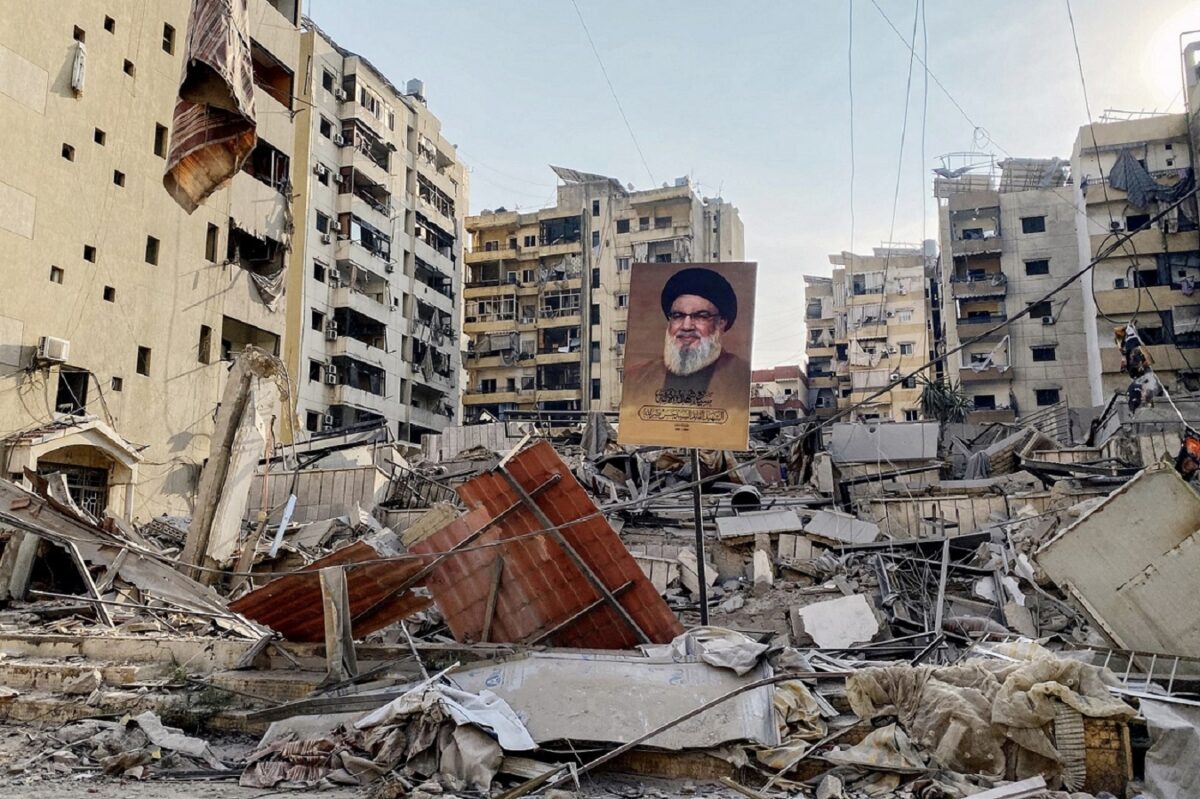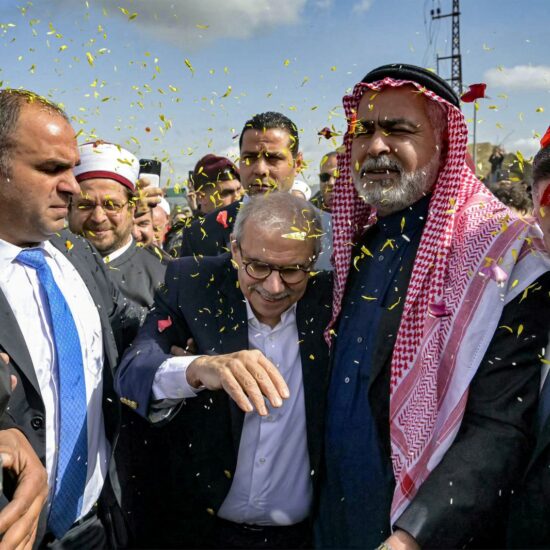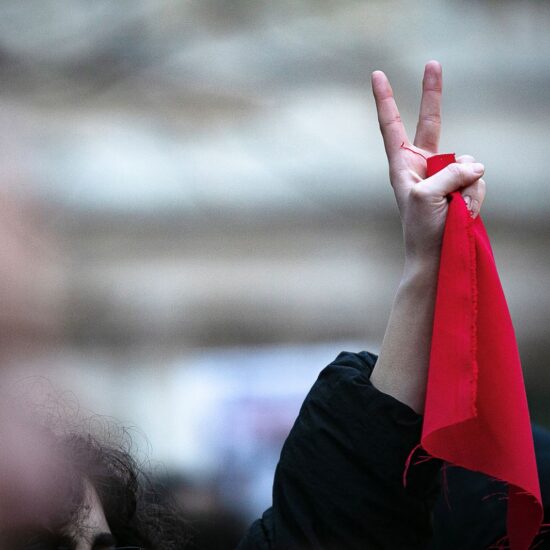
For decades, Hezbollah framed itself as Lebanon’s primary defense against Israeli aggression, positioning itself as a resistance force. Yet, it has always served Iranian interests behind the scenes. Recent events – particularly the October 8 attacks and the 2023-24 war – have now exposed this dissonance to the public, making it clear that Hezbollah’s role is less about Lebanon’s defense and more about advancing Iran’s geopolitical agenda. Today, Hezbollah functions as a strategic tool for Iran in its negotiations, especially around nuclear talks and broader regional influence.
Hezbollah’s diminishing role
While Hezbollah remains operational, its significance as a resistance movement is in question. The group’s substantial losses in the 2023-24 war and its inability to deliver on its promises have weakened its standing in Lebanon. Iran’s interest in Hezbollah now appears to focus less on maintaining its military strength and more on how Hezbollah’s decline – or transformation – can be used to further Iran’s regional strategy.
In this context, Hezbollah may be more valuable to Iran as a negotiating card in broader geopolitical deals than as an actual fighting force. Tehran might see the group’s military defeat or withdrawal from Lebanon’s south as a strategic sacrifice that can be leveraged in exchange for greater dominance elsewhere, such as Iraq. If Hezbollah is perceived as no longer capable of effectively confronting Israel or securing Lebanon’s borders, Iran could allow it to fade as a military force, using its fall to extract concessions on other fronts, such as its nuclear program or influence in Iraq.
This raises the possibility of a post-Hezbollah era where the group either dissolves or transitions into a purely political entity. However, Hezbollah’s narrative has always been centered on its resistance, and without its military wing, it may struggle to maintain its political relevance in Lebanon or beyond.
A post-Hezbollah era
In a post-Hezbollah era, southern Lebanon would be left in a precarious situation. Israel would undoubtedly seek to secure its northern borders, and the fate of the Shiite population in the south would be uncertain. There is speculation that Israel may prefer to prevent the return of Shiite populations, fearing that any regrouping could lead to the formation of new resistance movements. This could lead to broader demographic changes in the region, perhaps even incentivizing the Shiite population to relocate to Iraq, where Iran’s influence is strong.
The idea of relocating Lebanon’s Shiite community, though speculative, might become more viable if resources to rebuild southern Lebanon remain scarce. Should Iran and Iraq offer economic opportunities and security, many Shiite families might opt for a fresh start, especially if the alternative is a war-torn, underdeveloped region. This could potentially align with broader Israeli security objectives, reducing the presence of hostile elements near its borders.
Amal Movement and Nabih Berri
In the event of Hezbollah’s military collapse, the role of the Amal Movement and Nabih Berri becomes critical. As the long-serving Speaker of Parliament and leader of the Shiite-dominated Amal, Berri has historically maintained influence within Lebanon’s sectarian political system. In a post-Hezbollah Lebanon, Berri’s role would be essential in managing the political transition for the Shiite community.
However, it’s unclear whether Hezbollah could survive as a purely political entity without its military branch. The group’s entire narrative has revolved around its identity as a resistance movement, and with the death of key figures like Hassan Nasrallah, Hezbollah’s ability to persist in the political sphere would be severely diminished. Without the legitimacy that its military wing provides, Hezbollah would face significant challenges in maintaining internal support.
Berri, on the other hand, might emerge as the key Shiite figure capable of navigating this transition, either helping to stabilize the political scene or further entrenching sectarian divisions. His long-standing relationships within Lebanon’s political system, and his role as a bridge between various factions, could make him the focal point of any post-Hezbollah Shiite political strategy. However, whether Amal and Berri can thrive without Hezbollah’s backing is yet to be seen.
The Future of Secular Lebanon
The potential decline of Hezbollah presents an opportunity for Lebanon to pursue a more secular political future, but this possibility remains uncertain. Lebanon’s political system has always been deeply sectarian, and Hezbollah’s dominance has further reinforced these divisions. In a post-Hezbollah era, there may be room for secular forces to rise, particularly if the military threat from the south diminishes and political discourse shifts toward national unity.
Yet, the reality is more complex. Without Hezbollah’s stronghold, Lebanon could see an increase in sectarian tensions, especially if external powers, like Iran, Israel or even Saudi Arabia, continue to exert influence. The fate of Lebanon’s Shiite community, its political representation, and its future in a country attempting to balance sectarianism with sovereignty will be crucial in determining the viability of a secular Lebanon.
The next phase for Lebanon and the region
Hezbollah’s future is now inseparably linked to shifting regional dynamics, where Iran wields the group as a key negotiating tool with global powers. As Hezbollah suffers military losses and its grip on Lebanon weakens, its role as both a resistance and political movement hangs in the balance. Whether Iran chooses to preserve Hezbollah or let it collapse remains uncertain. Lebanon, however, stands at a critical juncture – possibly its last – where demographic changes, political realignments, and regional deals will determine its future and the fate of its people.
Ramzi Abou Ismail is a political psychologist and researcher at the University of Kent.
The views in this story reflect those of the author alone and do not necessarily reflect the beliefs of NOW.








